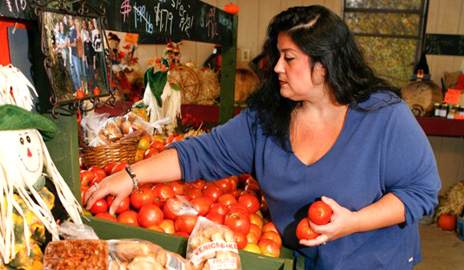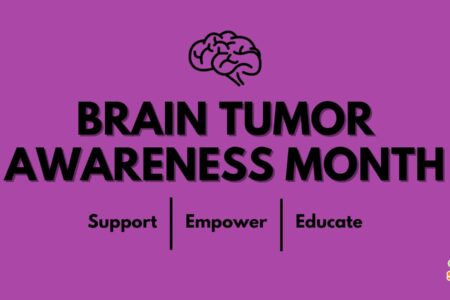
Share On Social!
New proposals in Maine are rising as health concerns of soda and junk food are being linked to obesity and health issues. Supplemental Nutrition Assistance Program, is used by low-income families to purchase foods and beverages for their families.
Recent reports from the American Journal of Preventive Medicine found that in the 2015 fiscal year, soft drinks and sugary beverages accounted for 58 percent of all beverage purchases by SNAP and WIC participants. From the same study, SNAP was estimated in paying at least $1.7 billion to $2.1 billion annually for sugary beverages within grocery stores.
Spending over $115 million in medical claims related to obesity from the state’s Medicaid program, the Department of Health and Human Services is opting to ban all soda’s and candy items from SNAP participants, believing that less access to unhealthy beverages and food may lessen the obesity epidemic. Eighty-eight participants of Medicaid receive SNAP benefits according to a recent article, which also reports that in July 2015, 201,689 Mainers were receiving SNAP benefits.
The state has reported spending $4.6 million in SNAP funding in 2015 to educate participants in nutrition education programs, which they hope will be utilized as participants use dollars more on fresh fruits and vegetables for family meals, instead of quick junk food with no or low nutritional value like soda and candy bars.
Many states have proposed that the U.S. Dept. of Agriculture, which oversees the SNAP program, take action and listen to the nine states that have proposed similar requests in the past. However, in 2011 USDA rejected New York City’s request to ban sodas with SNAP dollars. The American Medical Association recommended back in 2013 to remove sugary drinks from allowable items purchased with SNAP, and USDA has removed foods with minimal nutrition value from it’s National School Lunch program.
Some critiques argue that this could hurt small corner stores. Latino families living in low-income areas may be at risk as many families live in food deserts, but the ban could also be a future full of healthier changes, encouraging families to work together to find healthier foods and spend more dollars on fruits and vegetables.
To learn more about this topic, read the original article here.
By The Numbers
142
Percent
Expected rise in Latino cancer cases in coming years



